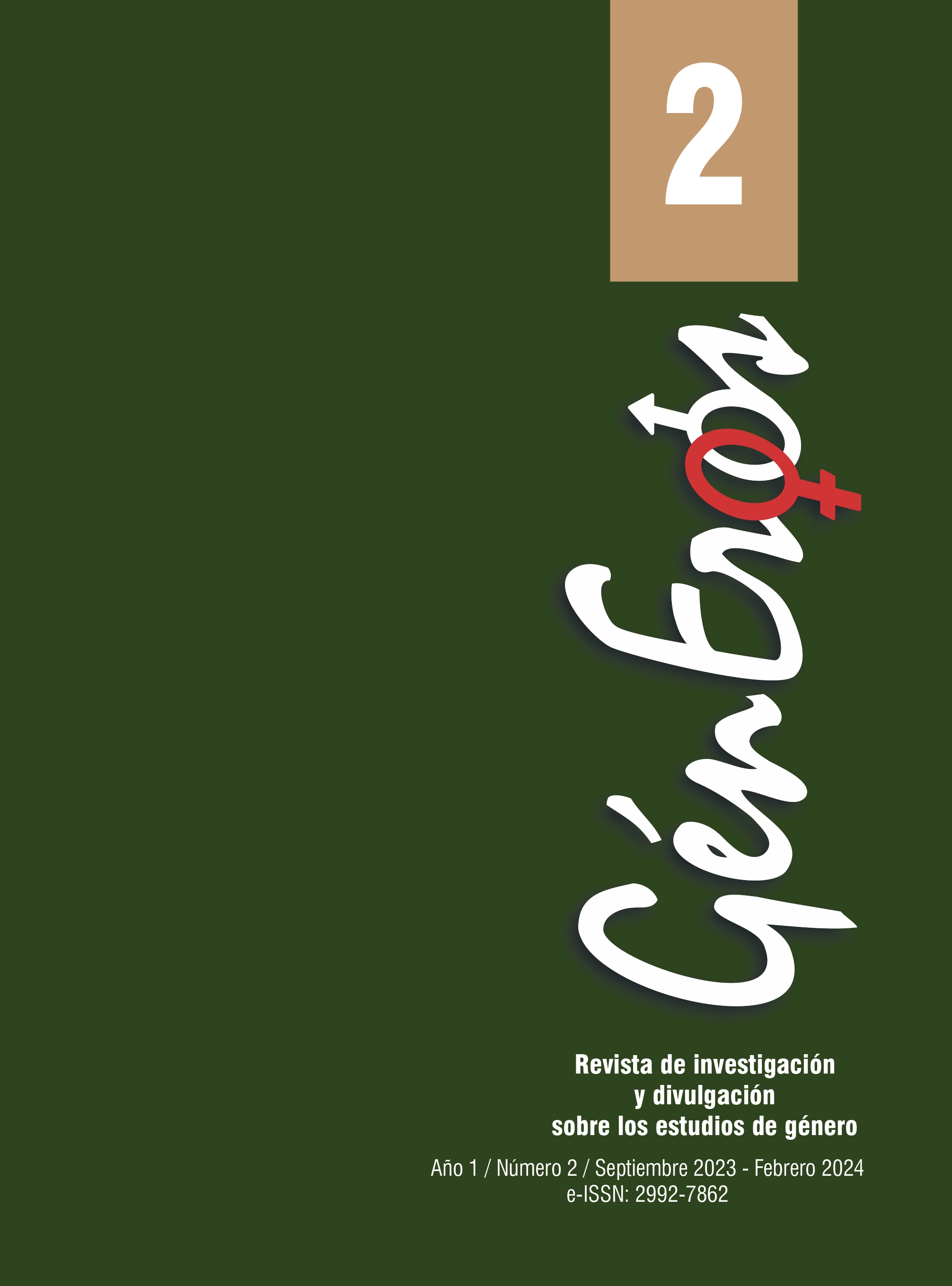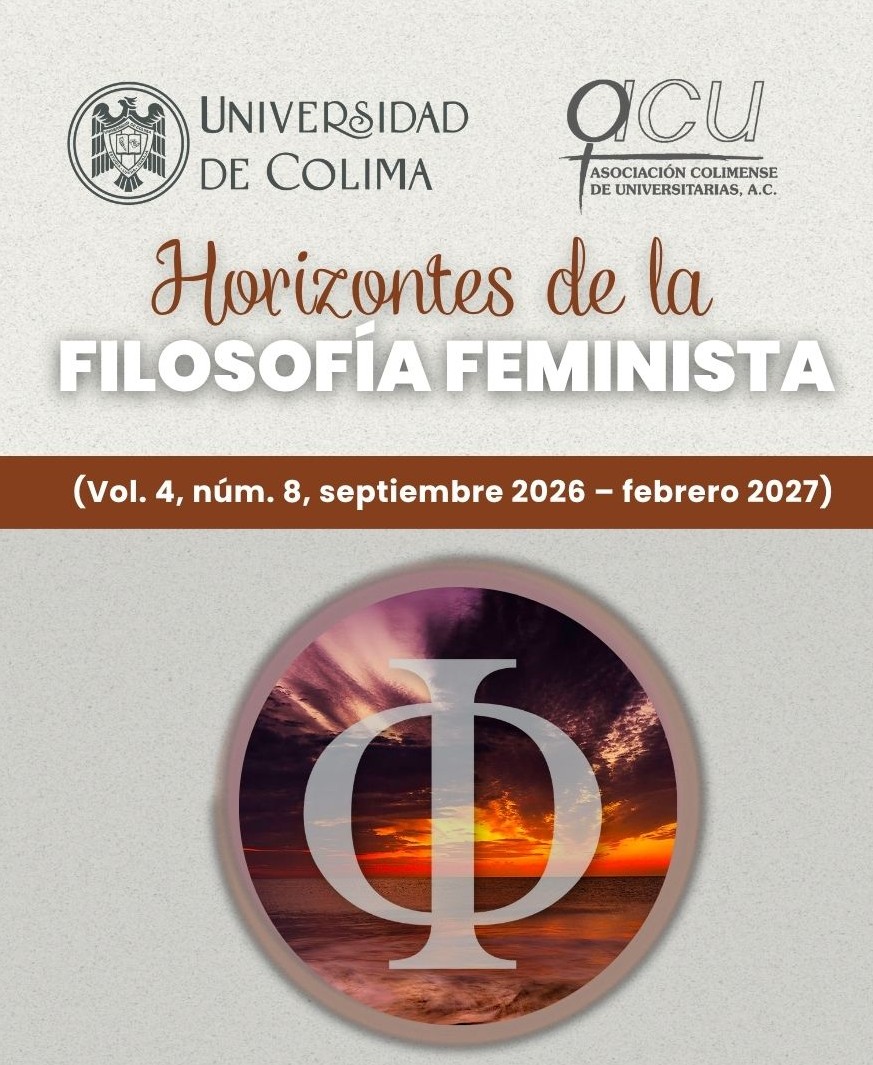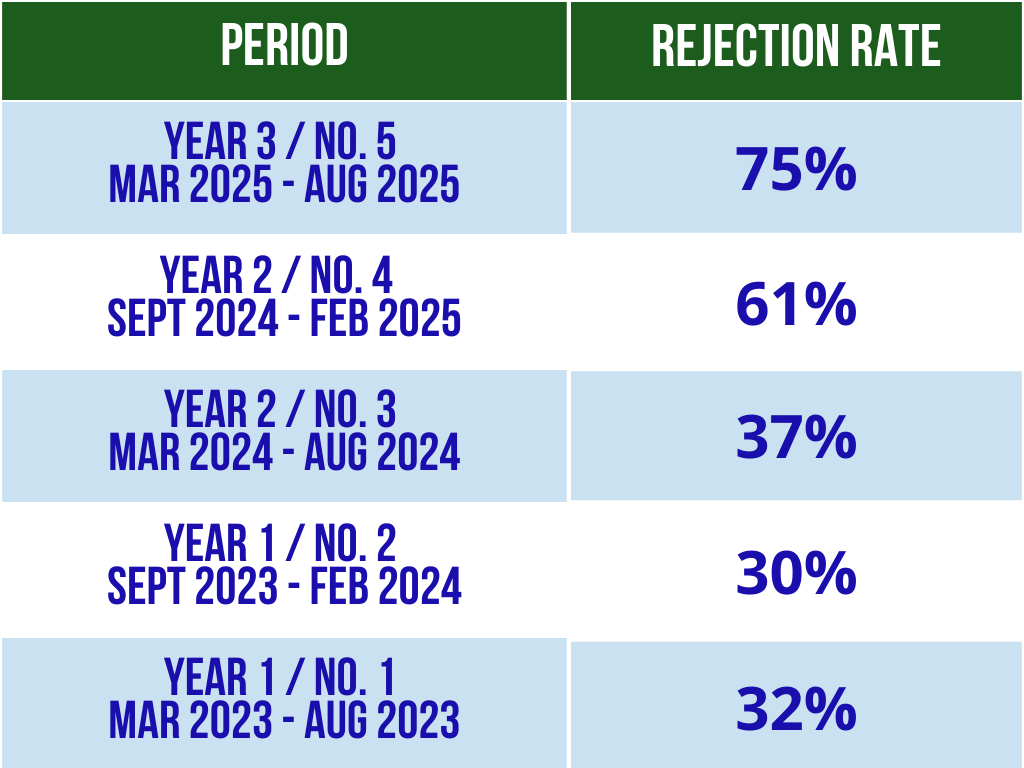The concept of the body in 19th century schoolbooks: A hermeneutic reading
DOI:
https://doi.org/10.53897/RevGenEr.2023.02.10Keywords:
body, speech, school books, hermeneutics, reading experienceAbstract
This paper begins by asking how the term body was configured in textbooks of the 19th century. Hermeneutics was chosen as the investigative approach to ask about the past -otherness- from the present. Asking about the body is not an anachronistic question, since it touches what is most alive in Mexico today: Hermeneutics is chosen because it invites you to look back from the present, without being clear about what you will find. The work of hermeneutic dialogue with the past helped to understand that textbooks do not contain information, but rather a horizon of meaning that refers to a world. The hermeneu-tic reading allowed us to understand how the notion of the body was changing, since it went from a body based on the beliefs of the Catholic religion to a concept of the body that was governed by the precepts of natural history, physics, and mathematics. The observable, the quantifiable and the measurable became a way of seeing the human body, essentialized and making it a universal concept, determining it from its genitalia and erasing history, experience, and desire. Comparing the body with plants and animals to refer to them at a level of universality has set the standard for pointing out those bodies that from natu-ral logic are amorphous or abnormal, thus gestating discrimination. For this reason, it is important that teachers question the discourses they emit and transmit through school books as discourses with a claim to truth.Downloads
Metrics
References
Apple, M. (1987). Economía política de la publicación de libros de texto. Revista de Educación, 275: 43-62
Barriga, R. (2011). A 50 años de los libros de texto gratuitos. El Colegio de México
Butler, J. (2008). Cuerpos que importan. Sobre los límites materiales y discursivos del sexo. Editorial Paidós.
Chartier, R. (2008). Escuchar a los muertos con los ojos. Katz. https://doi.org/10.2307/j.ctvmd82zq
Escoiquitz, J. (1885). Tratado de las obligaciones del hombre en sociedad y catecismo de urbanidad civil y cristiana. Ediciones Munguía.
Foucault, M. (1968). Las palabras y las cosas. Una arqueología de las ciencias humanas. Siglo XXI Editores.
Foucault, M. (2010). El cuerpo utópico, heteropías. Nueva Visión.
Foucault, M. (1998). Las palabras y las cosas. Una arqueología de las ciencias humanas. Siglo XXI.
García del Mazo (1852). Catecismo del padre Ripalda. Explicado. Imprenta de la Voz Religiosa.
González, R.M. (2008). Las maestras en México: Recuento de una historia. Universidad Pedagógica Nacional.
Larrosa, J. (2007). La experiencia de la lectura. Estudios sobre literatura y formación. Fondo de Cultura Económica.
Martín, P.V. (2016). Cuerpos y corporalidades en las culturas de las américas. Ciudad autónoma de buenos aires: Biblos. Año: 2015. ISBN: 978-987-691-298-3. Revista de antropología iberoamericana, 11(2): 305-308. https://www.redalyc.org/articulo.oa?id=62346714009
Merleau-Ponty, M. (1993). Fenomenología de la percepción. Ed. Paneta-Agostini.
Menindez, R. (2012). Los proyectos educativos del siglo XIX: México y la construcción de la Nación. Estudios Filosofía Historia y Letras, 10(101): 191-205. https://doi.org/10.5347/01856383.0101.000190264
Nivón, A. (2004). La participación de profesores de educación primaria en una reforma educativa: El caso de México 1890-1900. Universidad Pedagógica Nacional.
Osorio, F. (1999). Posibilidad de una Teoría del Conocimiento Anoumenal en Kant. Cinta de Moebio, (5). https://www.moebio.uchile.cl/05/osorio021.html
Ramírez, I. (1884). Libro rudimental y progresivo para la enseñanza primaria. Instrucciones al preceptor. México.
Ricoeur, P. (2009). Tiempo y narración. I. El tiempo narrado. Siglo XXI Editores.
Ricoeur, P. (2009). Tiempo y narración III. Configuración del tiempo en el relato histórico. Siglo XXI Editores.
Ricoeur, P. (2002). Del texto a la acción, ensayos de hermenéutica. Fondo de Cultura Económica.
Staples, A. (1992). El catecismo como libro de texto durante el siglo XIX En: Los intelectuales y el poder en México. El Colegio de México. https://doi.org/10.2307/j.ctv513805.29
Staples, A. (1999). Alfabeto y catecismo. Salvación del país. En: La educación en la historia de México (pp. 69-92). El Colegio de México. https://doi.org/10.2307/j.ctv5137rb.8
Tank de Estrada, D. (2010). Historia mínima de la educación en México. El Colegio de México.
Published
How to Cite
Issue
Section
License

This work is licensed under a Creative Commons Attribution-NonCommercial-ShareAlike 4.0 International License.
GénEroos Magazine allows you to share, copy and redistribute the material in any medium or format; adapt, remix, transform and build upon the material, crediting the work appropriately and providing a link to the licence, indicating if changes have been made.












